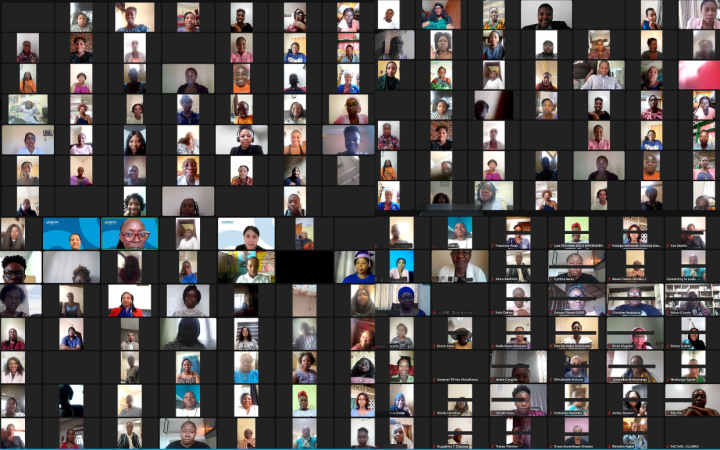Rape and Domestic Violence Services Australia (R&DVSA) is calling for a loophole in new sexual consent laws to be resolved before becoming legislation in NSW.
R&DVSA last week welcomed the introduction of the Crimes Legislation Amendment (Sexual Consent Reforms) Bill which will result in greater justice for victims of sexual assault in NSW and provide an example for other Australian states and territories to follow. But to ensure the final legislation is the best it can be, we need to see the removal section 61HK(3) and (4) of the bill.
These sections say if the accused person had, at the time of the sexual activity, a cognitive impairment, or a mental health impairment, they do not need to take steps to establish consent. The accused person will have the responsibility of proving this.
R&DVSA chief executive officer Hayley Foster says the requirement to take steps to establish consent is a cornerstone element of the Bill but this loophole, if allowed to remain, could undermine the very reason why this bill was introduced.
“It is very common practice for defendants to blame ill mental health for their behaviour. If this loophole is made law, we’ll see an increase in this tactic,” Ms Foster said.
“This will result in more injustice and will make trials go for longer.”
R&DVSA Legal and Policy Officer, Laura Henschke says there is a real concern that sexual offences are being treated differently.
“This is like having a mini defence within the provision when there are already general protections for people with mental and cognitive impairments,” Ms Henschke said.
“NSW already has a mental impairment defence, so there is no need to include this provision in the actual offence.”
Doctors Against Violence Towards Women Director and Consultant Psychiatrist, Dr Karen Williams says sexual assault, first and foremost is an act of violence.
“I am certainly not arguing for harsher treatment of those with cognitive impairment or mental illness. However, given the high prevalence of both these factors in offending populations, it seems entirely misguided to limit criminal responsibility for sexual offending by referring to these factors within the elements of an offence,” Dr Williams said.
“Sexual offending should not have special defences distinct from other, more general criminal offences.”
Amendments to the Bill are expected to be debated in the NSW upper house tomorrow after which the Bill will likely become law.








